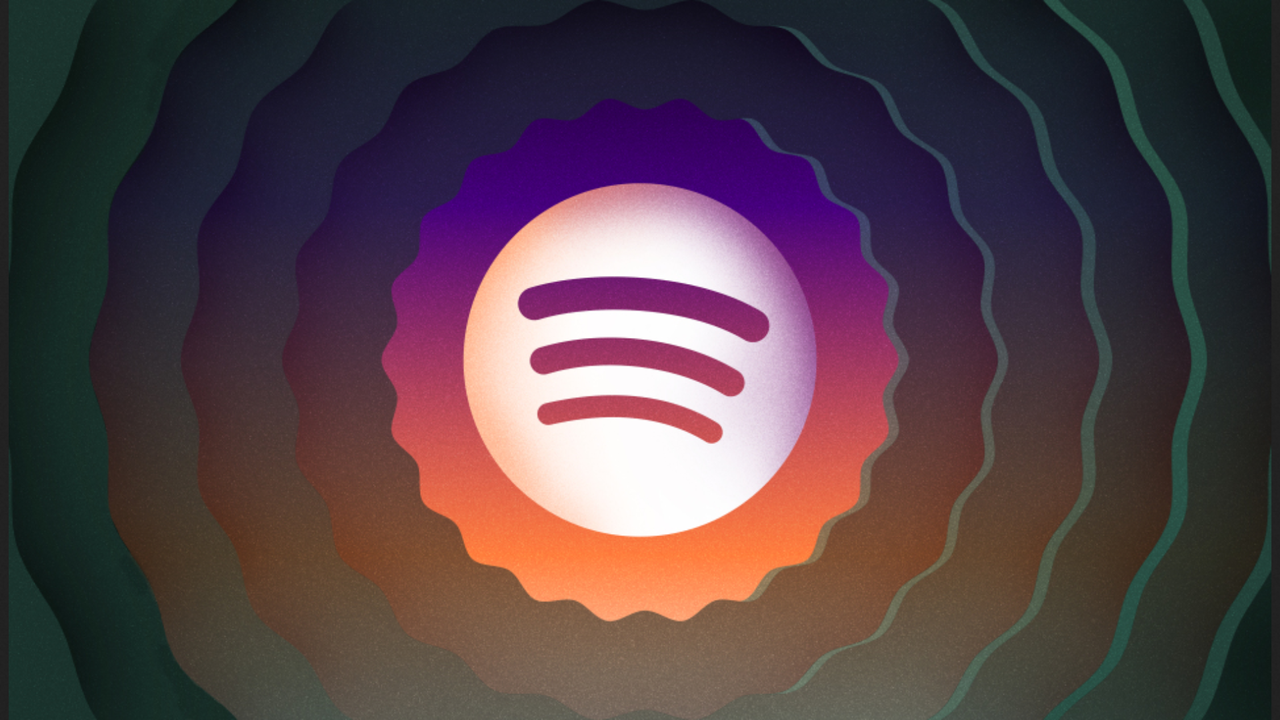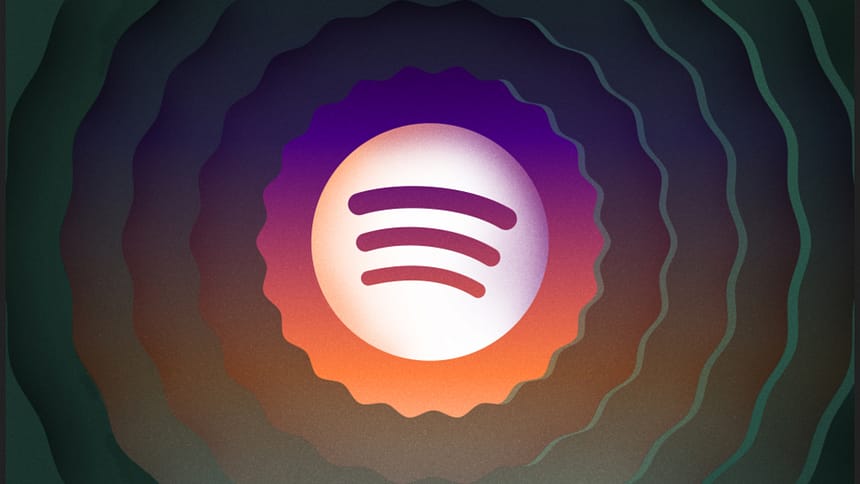
- Spotify has introduced a new set of rules and features to expose AI-generated tracks
- The platform now requires artist consent for any AI-impersonated vocals
- AI usage will be denoted in credits
Spotify is tightening the mic cord on deceptive musical impersonators and manipulative sound spam with a set of new policies that take direct aim at the now-endemic plague of AI-generated audio submitted under false pretenses.
Now, if you want to upload a song that uses an AI-generated version of a real artist’s voice, you had better have their permission. No more deepfake Drake tracks, cloned Ariana choruses, or other “unauthorized vocal replicas” allowed to sneak into playlists, including those from artists who passed away decades ago.
Spotify’s fight against music claiming false artistic origins is one of a few fronts in a larger battle against so-called “AI slop.” Alongside the anti-impersonation push, Spotify is introducing a new AI-aware spam filtering system along with a way for artists to disclose when and how AI was used in the creation of their music for legitimate purposes.
While Spotify has long maintained a policy against “deceptive content,” convincing AI voice clones have forced a redefinition. Under the new rules, using someone’s voice without their explicit authorization is a violation. That makes removing offending content easier while laying out clearer boundaries for those experimenting with AI in a non-malicious way.
The same goes for tracks that, AI-generated or not, get fraudulently uploaded to an artist’s official profile without their knowledge. The company is now testing new safeguards with distributors to prevent these hijackings and is improving its “content mismatch” system so artists can report issues even before a song goes live.
As AI music tools become ubiquitous, their creative potential has unfortunately included opportunities for scams and lies, along with a flood of low-effort tracks designed solely to exploit the Spotify algorithm and collect royalties. According to Spotify, more than 75 million spammy tracks were removed from its platform in the past 12 months alone.
The new filter could help remove all of those thousands of slightly remixed trap beats uploaded by bots, or 31-second ambient noise loops uploaded in bulk.. The system will begin tagging bad actors and down-ranking or delisting those tracks. Spotify says it will roll this out cautiously to avoid punishing innocent creators.
Spotify AI guard
Not that Spotify is totally against AI being used to produce music. But the company made it clear it wants to make the use of AI transparent and specific. Instead of simply stamping tracks with an AI label, Spotify will begin integrating more nuanced credit information based on a new industry-wide metadata standard.
Artists will be able to indicate if vocals were AI-generated, but instrumentation was not, or vice versa. Eventually, the data will be displayed inside the Spotify app, so listeners can understand how much AI was involved in what they’re hearing.
That kind of transparency may prove essential as AI becomes more common in the creative process. The reality is, many artists are using AI behind the scenes, whether for vocal enhancement, sample generation, or quick idea sketching. But until now, there’s been no real way to tell.
For listeners, these changes could mean more confidence that what you’re hearing is coming from where you thought. With AI musicians becoming more popular and scoring big record deals, these sorts of policy moves will be necessary across any streaming service.
Still, enforcement will be the real test. Policies are only as effective as the systems behind them. If impersonation claims take weeks to resolve, or if the spam filter catches more hobbyists than hustlers, creators will quickly lose faith. Spotify is large enough to potentially set a good standard for dealing with AI music cons, but it will need to be adaptable to how the scam artists respond in this AI battle of the bands.






